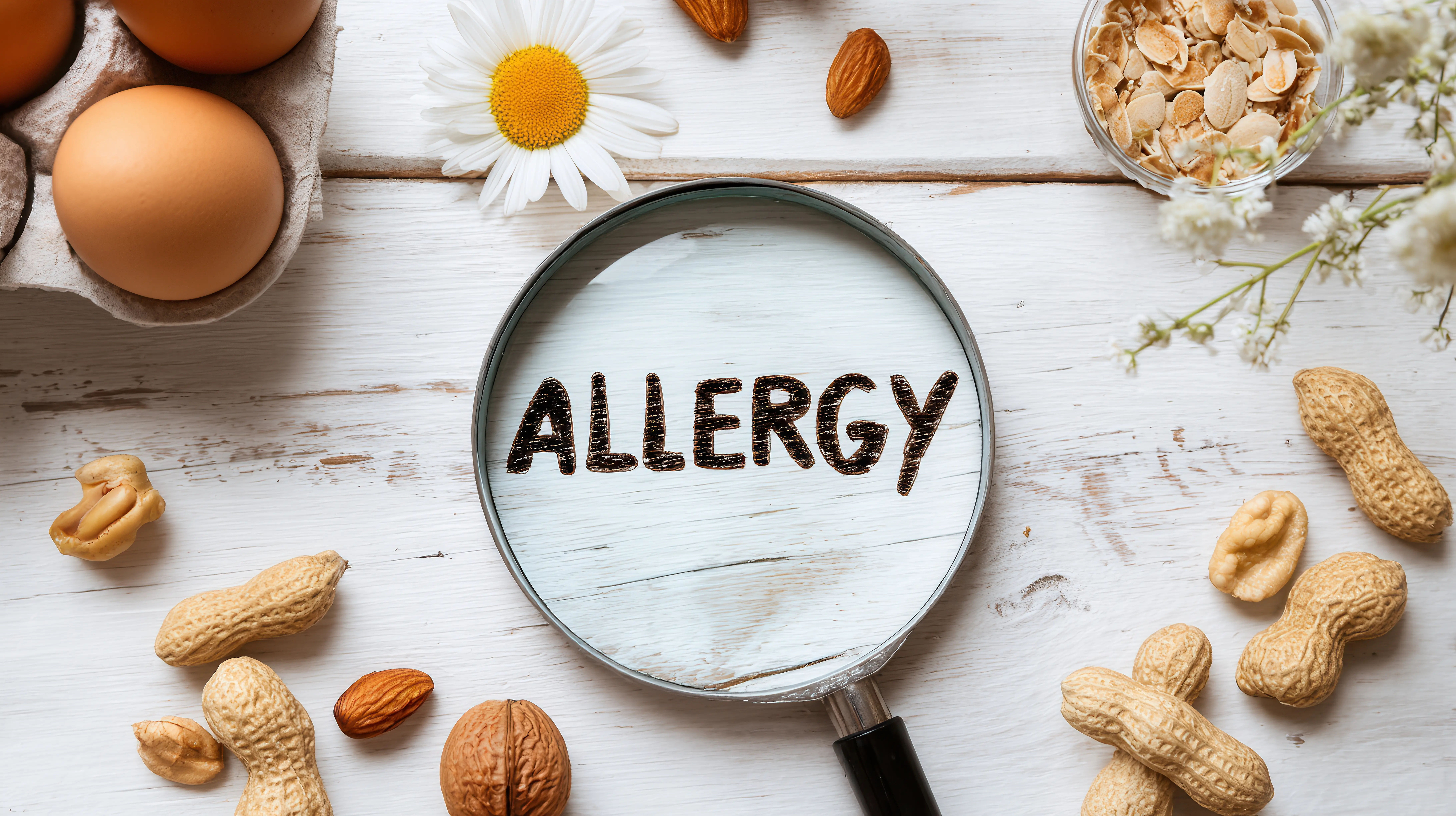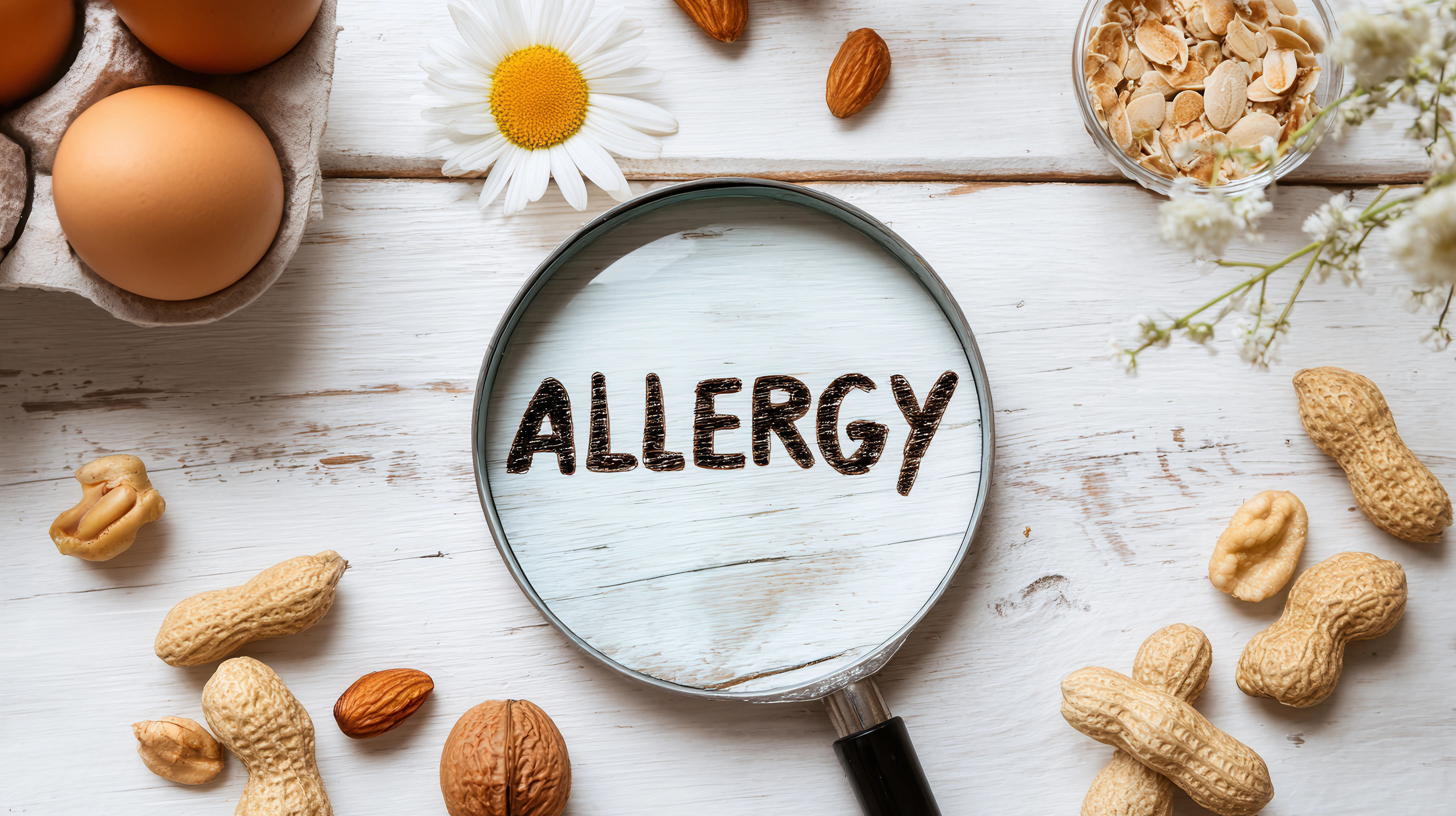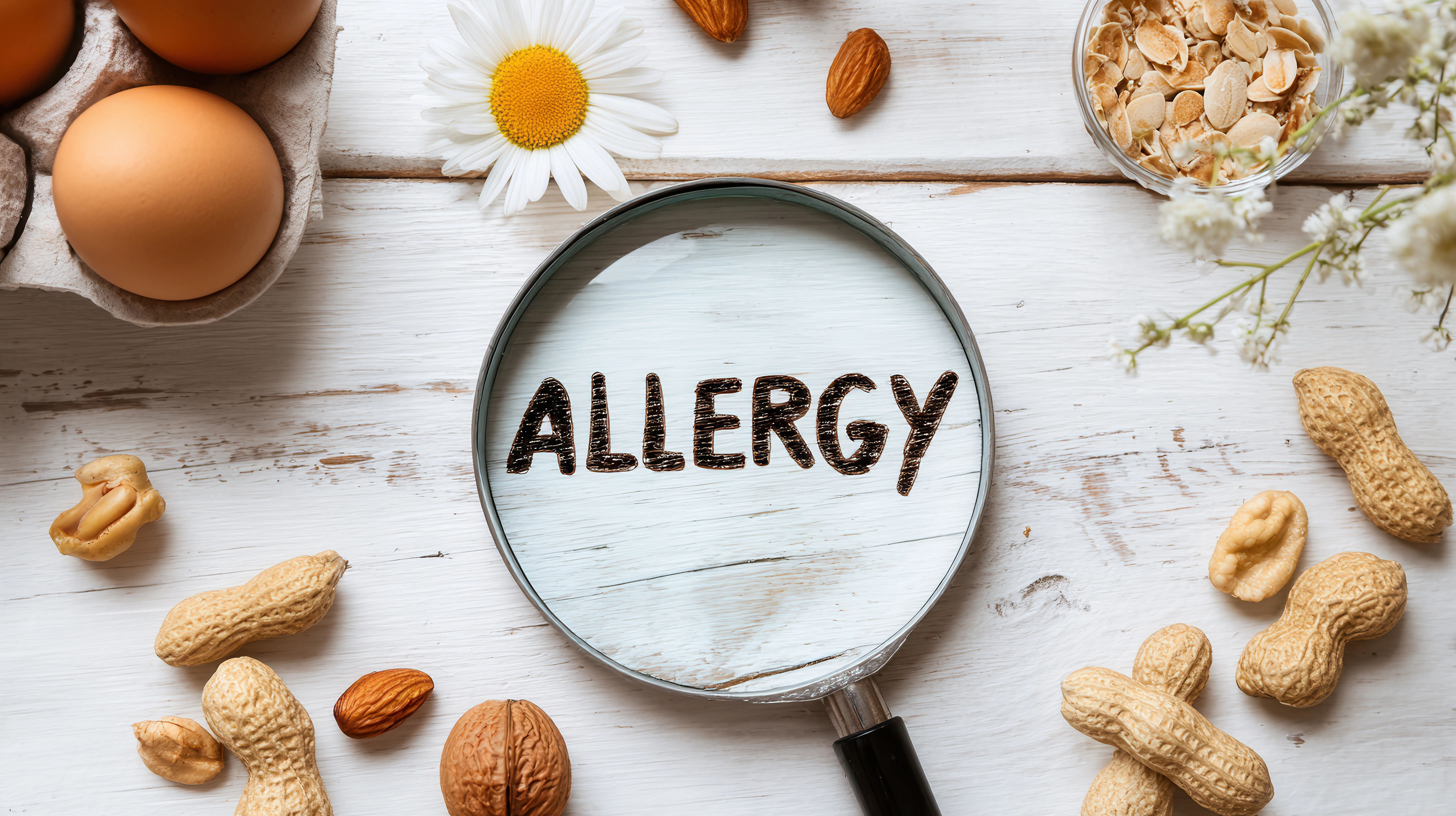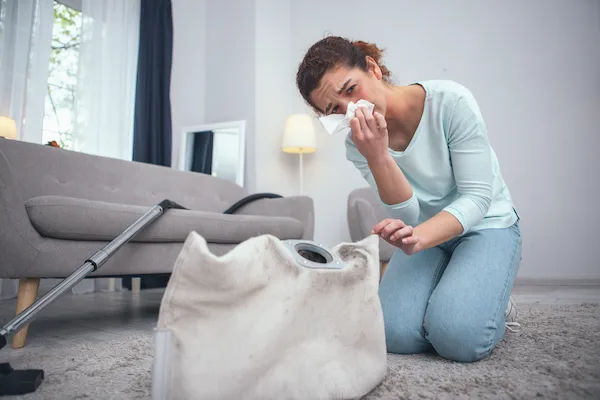- Male
- 31 Years
- 22/01/2025
I've been diagnosed with an eosinophil count of 08 and I'm experiencing some coughing issues because of it. I'm feeling a bit worried and would really appreciate some advice on what steps I can take or what treatments might help.
More Allergist and Clinical Immunologist Health Queries
View allI'm really worried about this allergic problem I've been dealing with for the last two years. I keep getting short of breath, there's this whistling sound when I breathe, plus I've got a runny nose, a cough, and sometimes even a fever. Montek LC tablets do help, but as soon as I stop taking them, all these symptoms come back within a day or two. What should I do? Can you suggest anything that'll give me longer-lasting relief?
according your symptoms u maybe have asthma get near clinic to diagnose and avoid dusty area
Answered by 1 Apollo Doctors
I had a sudden allergic reaction after eating some fish a couple of days ago and was prescribed atarax. I was told to take it three times a day for five days, but after just one dose, my allergy was gone. Now, I'm feeling a bit odddrowsy and irritated every time I take it. Should I stop taking the medicine if my allergy is already better?
Diagnosis is allergy .U can stop consuming fish,Tab.Atarax can be taken once daily,orally for 3 days is advised to the patient.
Answered by 1 Apollo Doctors
I was recently diagnosed with allergic rhinitis and got some concerning lab results. My WBC count is 13,000 and my serum IgE levels shot up to 3,500, which I know is way above the normal range of 0-100. Plus, my absolute eosinophil count is at 1,040, and I've read online that such high IgE levels could indicate cancer or some other serious disease. Is this something I should be worried about? And is it possible to bring my IgE level down to normal with medication? How long would that typically take?
Elevated IgE levels, especially with allergic rhinitis, are usually a sign of an allergic response, not cancer. It's important to manage your allergies with medication, which can help lower IgE levels over time. The duration of improvement can vary, but with proper treatment, you should start seeing changes in a few weeks to months. Always follow up with your doctor for personalized care.
Answered by 1 Apollo Doctors
Disclaimer: Answers on Apollo 247 are not intended to replace your doctor advice. Always seek help of a professional doctor in case of an medical emergency or ailment.






